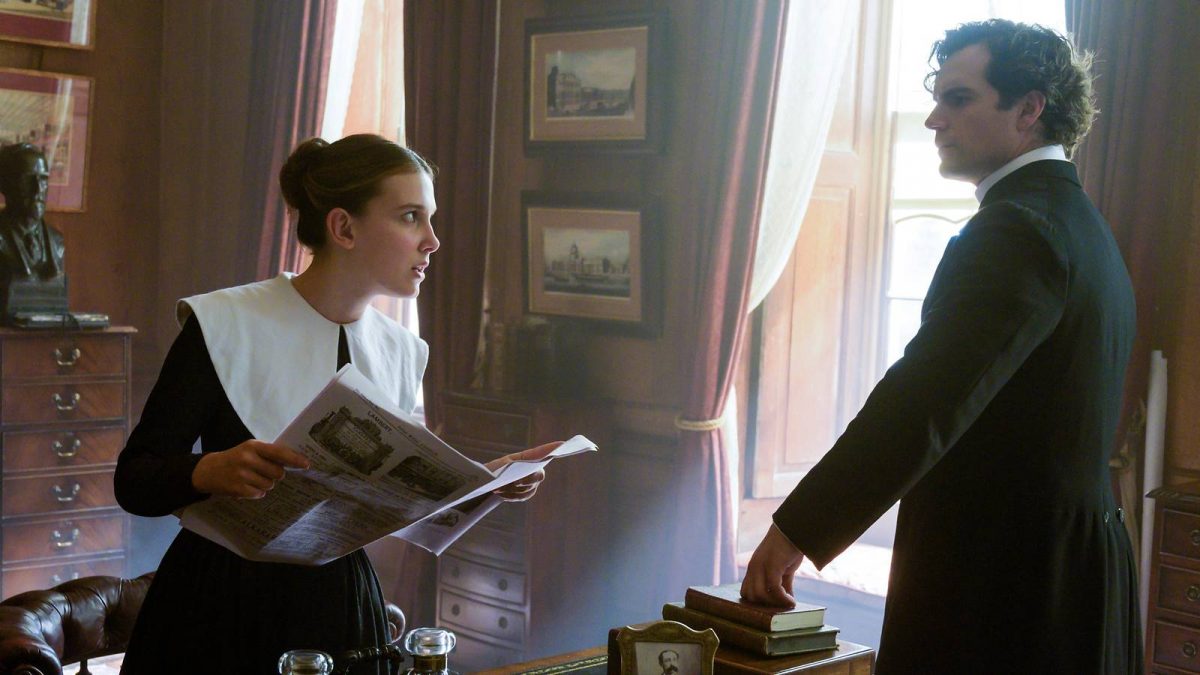The estate of Sir Authur Conan Doyle is now suing Netflix over the release of its upcoming film Enola Holmes, which centres around the younger sister of famed detective Sherlock Holmes. The film stars Henry Cavill (The Witcher, Mission: Impossible) as the iconic detective, alongside Millie Bobby Brown (Stranger Things, Godzilla) as Enola Holmes, the titular younger sister of Sherlock.
According to the estate, the traits they are filing charges for includes portraying the detective as a person that is able to relate to others and capable of treating a female character with “warmth and emotion”.

A separate court case in 2010 had established that early Holmes novels are in the public domain and are hence not protected by copyright, though the last 10 books by Conan Doyle still remain under the control of the estate. As such, it is suing Netflix, Legendary Pictures, and more, including the author of Enola Holmes Nancy Springer for unspecified financial damages.
“Nowhere in the public domain stories does Holmes express such emotion about the well-being of his companion John Watson,” the suit alleges. “This friendship was not created by Springer in the Enola Holmes Mysteries. It was created in the Copyrighted Stories and copied by Springer.”
Essentially, the estate is saying that if Netflix and others wish to portray the detective as being more emotional than the more “aloof and unemotional” persona he is more traditionally shown as having, they will have to pay up.

The change in Holme’s personality in the last 10 books, according to the complaint filed, was largely due to the author’s life experience,
After the stories that are now in the public domain, and before the Copyrighted Stories, the Great War happened. In World War I Conan Doyle lost his eldest son, Arthur Alleyne Kingsley. Four months later he lost his brother, Brigadier-general Innes Doyle. When Conan Doyle came back to Holmes in the Copyrighted Stories between 1923 and 1927, it was no longer enough that the Holmes character was the most brilliant rational and analytical mind. Holmes needed to be human. The character needed to develop human connection and empathy.
Conan Doyle made the surprising artistic decision to have his most famous character—known around the world as a brain without a heart—develop into a character with a heart. Holmes became warmer. He became capable of friendship. He could express emotion. He began to respect women.
Though it still remains to be seen if the development of feelings and generally not being a jerk is something that can be protected under copyright law.
This wouldn’t be the first time the Conan Doyle estate has filed a complaint against others for taking parts from the last 10 stories. They had sued Miramax in 2015 over the film Mr. Holmes by claiming that the plot detail of Holme’s retirement only happens in the final Sherlock Holmes story. The complaint was eventually settled outside of court and dismissed months later.













